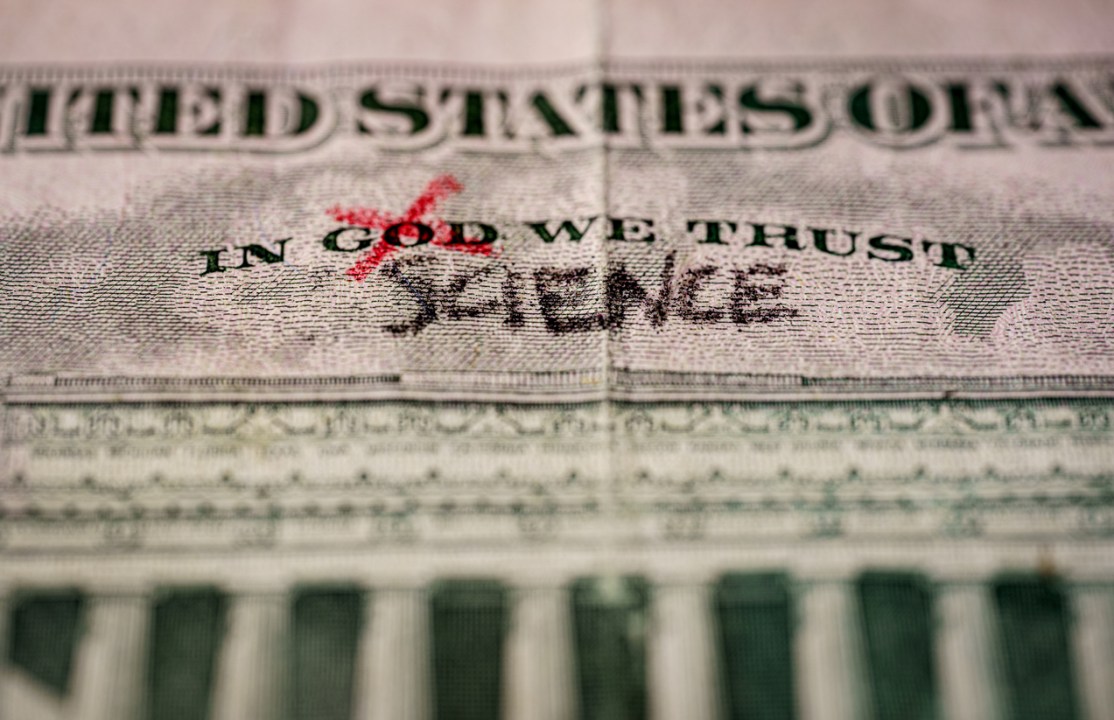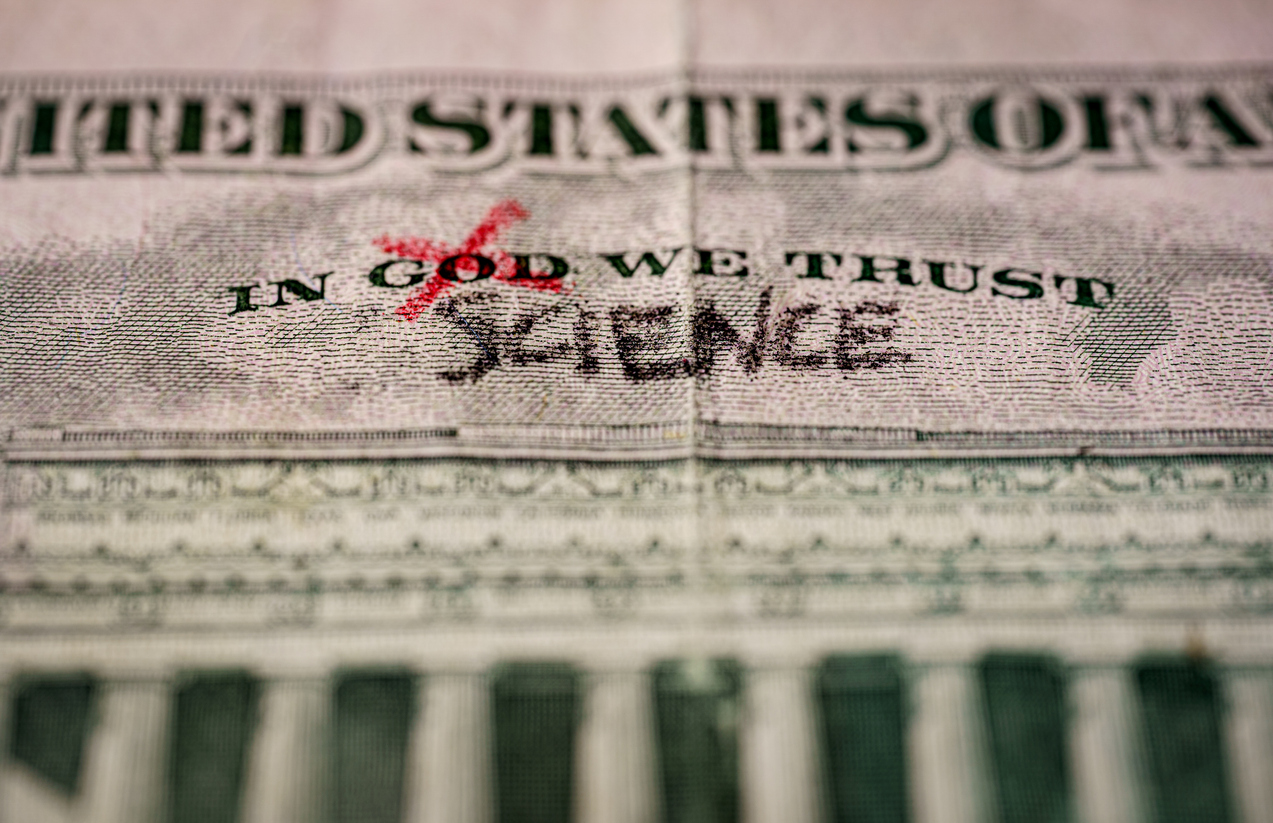The American comedian Bill Maher is an intelligent man with a good sense of humour. When he’s right, he tends to be very right. However, when he’s wrong, he tends to be so wrong it leaves a person scratching their head in disbelief. He has a tendency to sometimes misrepresent the facts. This is true when it comes to weed. For the uninitiated, Maher loves weed. I mean, he really loves weed. He is forever talking about it (see here, here and here), arguing, repeatedly and unapologetically, that it’s a largely harmless drug. As I have shown elsewhere, it’s not. It robs many people of motivation and happiness. Nothing good comes from smoking weed on a regular basis.
Maher has a reputation for being a truth teller, a voice of reason. But on a recent episode of Club Random, his new podcast, he dismissed the idea (put forward by the irrepressible Russell Brand) that millions of Americans are living lives of complete and utter despair. Maher is obviously oblivious to the fact that more than one in ten Americans have no savings, and 64 per cent of the population live paycheque to paycheque.
A few days before this rather sizeable blunder, Maher made another gaffe on his HBO show, Real Time with Bill Maher. Maher argued, somewhat naively, that America is in desperate need of a National Atheist Day. According to the host, almost a third of the country’s population are atheist. In other words, well over 100 million Americans completely reject the idea that God exists. This move towards godlessness is being driven by younger generations, we’re told. It’s not. Younger Americans are not turning towards atheism en masse. They are turning away from organised religion, embracing other, esoteric types of theological doctrines. This fact is obviously lost on Maher.
Many young Americans’ religious beliefs are more nuanced and complex than the beliefs of Boomers and Gen Xers. To try to put millennials and Gen Zers into narrowly defined boxes is to engage in an exercise of sheer futility
As researchers at Springtide Research Institute have highlighted, many young Americans’ religious beliefs are more nuanced and complex than the beliefs of Boomers and Gen Xers. To try to put millennials and Gen Zers into narrowly defined boxes like ‘affiliated’ and ‘unaffiliated’ to a particular religion is to engage in an exercise of sheer futility. Not only does it do them a huge disservice, it paints the most erroneous of pictures. We are using old metrics to measure new developments.
In the words of the executive director of Springtide Research Institute, Dr Josh Packard, for far too long ‘religious leaders have been paying attention to the wrong things when it comes to understanding young people’. Instead of making false assumptions, we, the broader public, must ‘start looking at who they really are, what they believe, and how they form their identities’, instead of ‘just paying attention to which box they check on one question of a survey’. He’s right.
So, although millions of young Americans view Christianity with heightened levels of suspicion, this doesn’t mean that they view all religious beliefs in this manner. As another report by Springtide Research Institute shows, Americans aged between 13 and 25 are very likely to believe in the existence of a higher power. But this higher power, in their opinion, looks a little different to the higher powers associated with more traditional religions.
According to the report, more youngsters are veering towards pantheism, the doctrine made famous by the ‘prince of pantheism’ Baruch Spinoza, a Jewish-Dutch philosopher. Pantheists believe that the universe itself is God, and that all physical material and the laws of physics are part of a much broader, ineffable ‘plan’. The authors of the report note that this move away from Christianity ‘is part of young people’s movement toward several sources of elements of faith, rather than just traditional religious institutions’.
Pantheism has a lot in common with Taoism, which originated in ancient China. Lao Tzu, Taoism’s founder, insisted that humans and animals should live in harmony with the universe, otherwise known as the Tao. Proponents of Taoism believe in spiritual immortality, a beautiful concept that involves the continuation of the spirit long after the physical body has expired.
For those who find themselves rolling their eyes, wondering what in the world these youngsters are on about, be grateful that they believe in something greater than themselves. Self-reported religiousness is clearly associated with greater levels of life satisfaction.
All of this brings us back to Maher’s take on atheist America. As is clear to see, the comedian is wrong. A militant atheist, Maher appears to have let his desire to associate other Americans with his own belief distract his attention away from some inconvenient, not so funny facts.







Comments